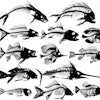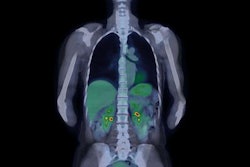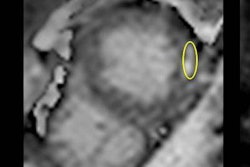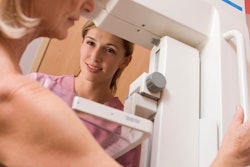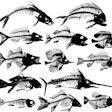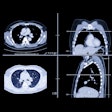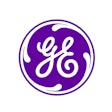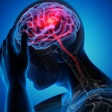Dear AuntMinnieEurope Member,
It's fair to say that radiology and nuclear medicine haven't always been the best of bedfellows. Most people in the know admit turf battles between the two disciplines occur often, though usually they're fought behind closed doors.
Against this background, the growing spirit of collaboration over hybrid imaging represents good news. It's only a year since the European Society for Hybrid Medical Imaging was established, but significant progress has been achieved in this area. For the full story, go to our Molecular Imaging Community, or click here.
New statistics on breast screening in Italy have been published. The authors concede that the data won't change the minds of screening's opponents, but they believe their study provides compelling evidence of the benefits of breast screening. Visit the Women's Imaging Community, or click here.
Artificial intelligence is a hot issue in medical imaging right now. The hope is that technology won't replace radiologists, but will enable and empower them. Regular columnist Stephen Holloway provides an assessment of the market. To get it, click here.
At ECR 2017, German researchers showed how they have improved assessment of myocardial infarction using native T1 and T2 mapping on cardiac MRI scans. Addressing the key question of whether a myocardial infarction is acute or chronic, they found the mapping techniques to be far more reliable than conventional measures. Find out how they did it here.
In cardiac CT, a Dutch group used CT scanners from three different vendors to determine how much iodine dose could be reduced in coronary CT angiography without lowering attenuation in the arteries. The results suggest that even patients with renal impairment may be able to undergo CT in the right circumstances. For the full story, click here.

